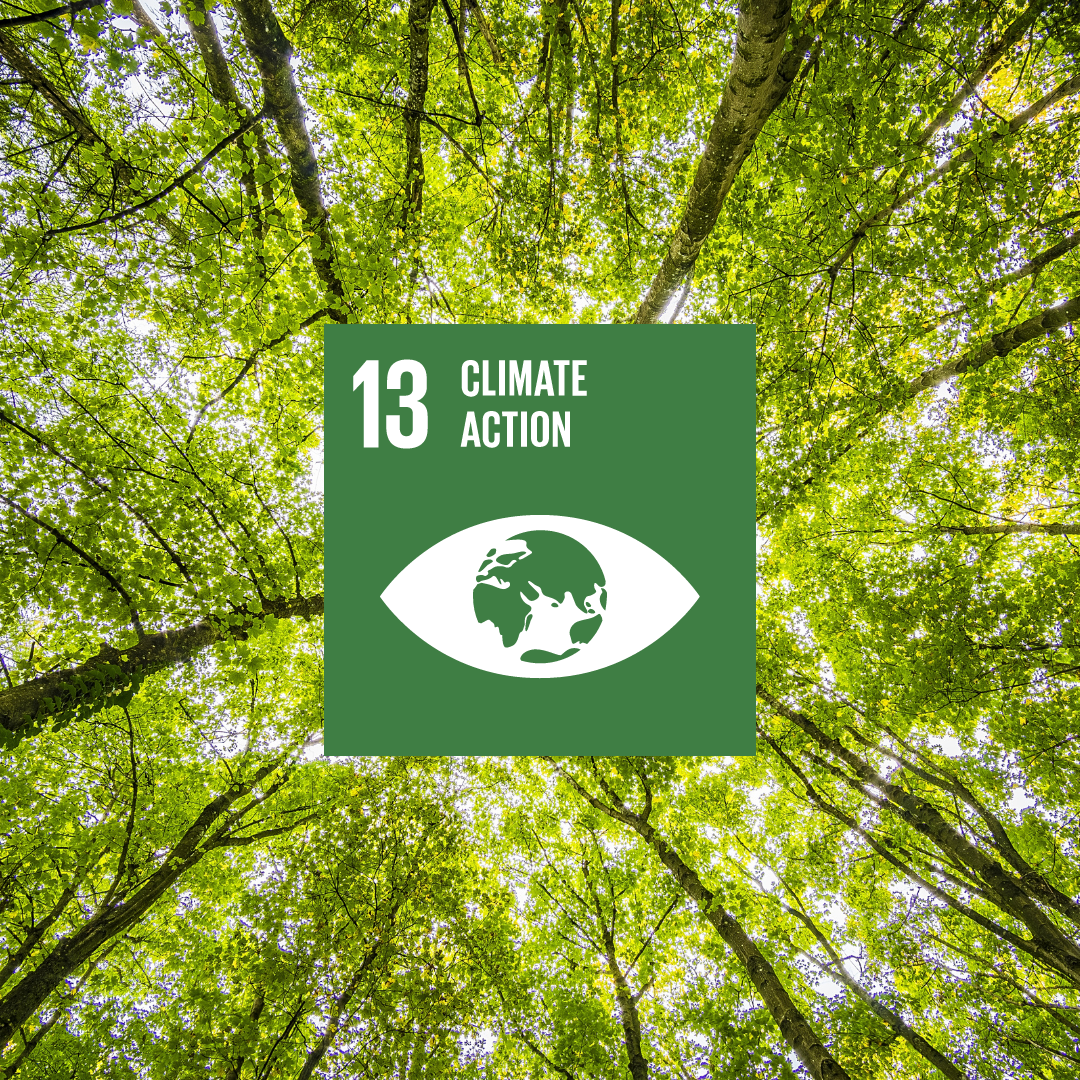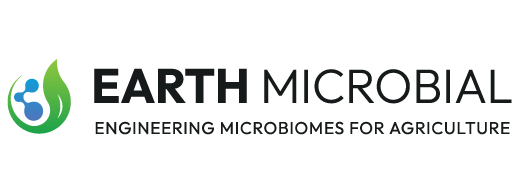
Our Sustainability Journey: Why We Became a Benefit Corporation
By Albert Yi
In a conversation with our Chief Science Officer, Dr. Trevor Charles, I asked his opinion on what is the most important global challenge of our time, to which he firmly responded, “Food Security.”
This is a term that encompasses the global food crisis and much more. I left our discussion with many questions. This happens quite often with Trevor, it’s probably what makes him an excellent professor.
This excerpt from the World Food Programme summarizes the crisis:

Conflict, Climate Change & Fertilizer?
Trevor is a professor at the University of Waterloo, Director of the Waterloo Centre for Microbial Research. He is gifted at explaining topics ranging from microbiology to functional metagenomics and their relationship with global food security. We’ve discussed these topics extensively, and as usual I left with a need to learn more.
The global issues of conflict and climate change are well understood, but there is this conundrum with fertilizers. First, it is clear that fertilizers and their production cause environmental damage and contribute to climate change. However, we need food to feed people—345 million people are facing a food insecurity crisis. The skyrocketing costs and supply constraints of fertilizers are stifling global food production and the problem is worsening.
Here is an excerpt from an MIT article that summarizes this problem:
Our Sustainability Journey
So this is where our journey begins. It starts with a group of like-minded people who are determined to help solve big problems.
Our Lead Scientist, Dr. Patricia Dörr de Quadros, is a tremendous scientist, teacher and leader. She has a fiery passion for microbial research and agronomy. She drives our research teams and inspires as she shares results from various projects such as our nitrogen-fixation trials on soy crops or tests against Tobamovirus or Pythium pathogens.
We have always had this energy filled with determination, passion and hope throughout our teams. We get so excited when we see harvest yields and beautiful crops in commercial trials. There is a constant reminder that we are a part of the solution to a global food shortage, climate change and preserving our environment.
We are scientists finding new ways to grow, protect and maximize harvests. All with less water, soil and land.
My part in this has been to capture our team’s determination, passion, and hopes and infuse it into our company, culture and mission.
We started by educating ourselves and shareholders about the core concept of sustainability and a Benefit Corporation. There were many questions, such as “What does this mean? Why bother? Are we greenwashing?”
“Greenwashing is when a company purports to be environmentally conscious for marketing purposes but actually isn’t making any notable sustainability efforts. Companies can greenwash even when they have good intentions. As a result of greenwashing, most American consumers do not believe company claims about their sustainability practices.”
https://www.businessnewsdaily.com/10946-greenwashing.html
These questions challenged us, especially this notion of “greenwashing.” It raised concerns with some stakeholders if it was worth the risk and trouble. We studied Benefit Corporations, B Corp certification, and the United Nations Sustainable Development Goals. We spoke to lawyers, consulted accountants, and researched other B Corps.
Along the way, I would share our findings with the team and we knew this is what we are all about.
This process of research, education, and dialogue ultimately reinforced that we are doing the right thing for the right reasons. We made the decision to become a Benefit Corporation, achieve B-Certification and implement a plan to educate our employees and stakeholders.
We immediately felt a sense of pride, duty, and responsibility.
Here is an infographic from Ridgeline Venture Law describing reasons to become a Benefit Corporation:

We certainly appreciate the Benefit Corporation structure helping protect companies committed to providing a positive impact on society or the environment.
We also appreciate the opportunity to demonstrate our social conscience and corporate social responsibility (CSR) to our employees, both current and future.
We want to be a company that attracts like-minded and talented people and a place where people can be proud to work.
To be honest, I’m not convinced how much the marketing benefits translate to revenue, but we will track it and see.
Most importantly, the Benefit Corporation Structure allows us to formally declare what we believe and stand for as employees, operators and shareholders. This process has become a source of inspiration as we take meaningful steps to infuse our mission into our company.
We captured this in our Social Benefit Statement and Company Mission Statement:
Our Social Benefit
Our social mission is to support the development of sustainable agriculture and equitable food production systems in collaboration with industry partners, academic institutions, government and global communities.
This is important because we believe dealing with global problems of this magnitude requires collaboration and sharing of knowledge to drive innovation that solves real-world problems.
Our Company Mission
Our mission is to advance the science of microbials to help solve global food security challenges. We promote the application of microbial science to agricultural practices that enable farmers to improve soil health, increase crop yields and protect the environment.
Our Mission Statement is what we are about. It comes from a heart to further scientific innovation in our area of expertise and solve real-world problems, together.
This is what we stand for:
Profit with purpose: We are a value-driven company that prioritizes doing the right thing for each other, our communities, and the environment.
Scientific innovations with global impact: We believe in the power of science to solve some of the world’s biggest challenges.
Partnering with the best: We collaborate with capable, caring, and kind individuals and companies who share our values in creating a better future for all.
Sincerely,
Albert Yi, CEO
Earth Microbial Public Benefit Corporation


